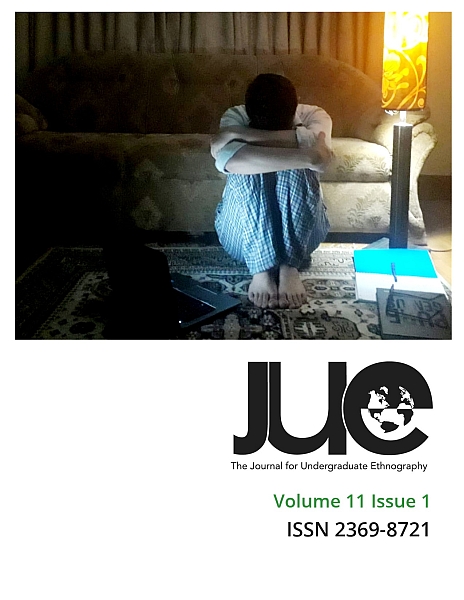“We are similar, but different”: Contextualizing the Religious Identities of Indian and Pakistani Immigrant Groups
DOI:
https://doi.org/10.15273/jue.v11i1.10866Ключевые слова:
Indian-Pakistani immigrant interactions, religious othering, Hindu-Muslim relationsАннотация
This article explores how Indian and Pakistani immigrant groups from the Bay Area in North California relate to and interact with one another. There is limited research on the role of religion in shaping sentiments of distinctiveness or “groupness” among diasporic Indians and Pakistanis in the UK and North America. Through conducting qualitative interviews with 18 Indian and Pakistani immigrants in the Bay Area, I recognized three factors pertaining to religion that were salient in influencing notions of groupness—notions of modernity, sociopolitical factors, and rituals. With respect to these three variables, I flesh out the spectrum of associated groupness; while some factors were linked with high levels of groupness, others enabled the immigrant groups to find commonality with one another. This research is integral to a better understanding of the interactions between South Asians in the diaspora, as well as to gain insight into how these immigrant groups—whose countries of origin share a history of religious conflict—perceive and interact with one another.


